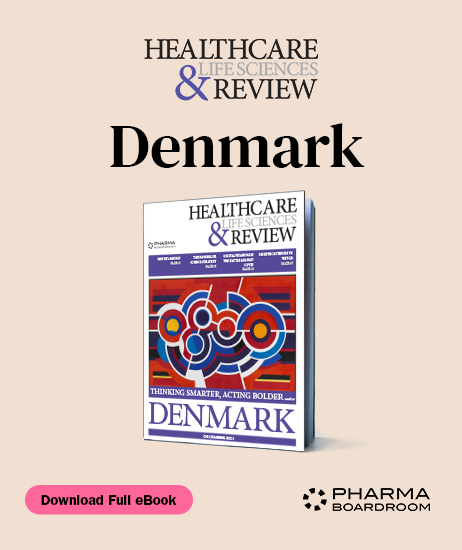 Billy Urudra, president of the Malaysian Organisation of Pharmaceutical Industries, highlights the major trends and challenges in the Malaysian pharmaceutical industry, especially for generics players and touches upon the potential changes that will arise from the new government.
Can you provide our readers with an overview of the current healthcare dynamics in Malaysia?
Like all countries in the world, Malaysia’s healthcare costs are rising, and it is a big burden for our government. Right now, the government funds the healthcare system fully. Malaysian citizens going to any public hospital will not be turned away. They will be diagnosed, treated, and given any medication free of charge. Therefore, during an economic crisis where the population’s buying power decreases, patients will all go to the public hospitals. This year, a bill of MYR four billion or about USD one billion, was approved to procure medicines and consumables for all government hospitals. After adding other costs such as the development of hospitals and buying new equipment, it runs to approximately MYR 26 billion.
Then, of course, there are primary health care providers and private institutions, which are considered more convenient despite patients needing to pay out-of-pocket for the treatments. These services are usually paid either through insurance schemes that are usually a benefit of working for a company or by private insurance paid for directly by individuals. However, the portion of the population paying for private insurance is relatively lower. Most of the population continues to rely on public healthcare. In general, unlike many other countries in Asia where most of the healthcare expenditure is out of pocket, Malaysian medical costs are covered by the government or insurance.
Billy Urudra, president of the Malaysian Organisation of Pharmaceutical Industries, highlights the major trends and challenges in the Malaysian pharmaceutical industry, especially for generics players and touches upon the potential changes that will arise from the new government.
Can you provide our readers with an overview of the current healthcare dynamics in Malaysia?
Like all countries in the world, Malaysia’s healthcare costs are rising, and it is a big burden for our government. Right now, the government funds the healthcare system fully. Malaysian citizens going to any public hospital will not be turned away. They will be diagnosed, treated, and given any medication free of charge. Therefore, during an economic crisis where the population’s buying power decreases, patients will all go to the public hospitals. This year, a bill of MYR four billion or about USD one billion, was approved to procure medicines and consumables for all government hospitals. After adding other costs such as the development of hospitals and buying new equipment, it runs to approximately MYR 26 billion.
Then, of course, there are primary health care providers and private institutions, which are considered more convenient despite patients needing to pay out-of-pocket for the treatments. These services are usually paid either through insurance schemes that are usually a benefit of working for a company or by private insurance paid for directly by individuals. However, the portion of the population paying for private insurance is relatively lower. Most of the population continues to rely on public healthcare. In general, unlike many other countries in Asia where most of the healthcare expenditure is out of pocket, Malaysian medical costs are covered by the government or insurance.
he new government has offered many reforms but will need time to study a lot in the next few months before introducing any new changes
Tags:






